EHR systems are designed to streamline patient information management, enhance coordination of care, and improve clinical outcomes across healthcare settings.
The top 5 EHR solutions are Epic Electronic Health Records, Allscripts Sunrise EHR, Cerner EMR, Siemens Soarian and Meditech Electronic Health Records, as ranked by PeerSpot users in March 2025. Epic Electronic Health Records received the highest rating of 0.0 among the leaders, is the most popular solution in terms of searches by peers, and holds the largest mind share of 24.6%.
Developed for integrated health data management, EHR solutions provide a digital version of patient charts, accessible in real-time. Users often appreciate features like automated workflows, patient portals, and interoperability with other healthcare systems. These systems are tailored to meet the evolving needs of healthcare providers, offering a centralized platform for managing patient data securely and efficiently.
What are the critical features?In specialized fields like pediatrics or oncology, EHR systems are customized to address unique requirements. For instance, they may include specific templates, order sets, and reporting tools relevant to the specialty, ensuring comprehensive care delivery and efficient management of patient information.
EHR is an essential tool for healthcare organizations aiming to improve patient care, reduce administrative workload, and ensure data accuracy and security.
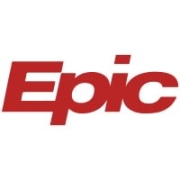

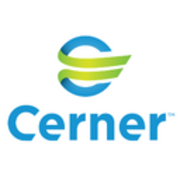
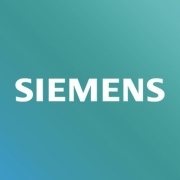
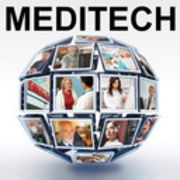
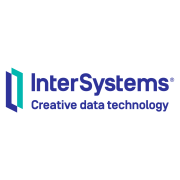


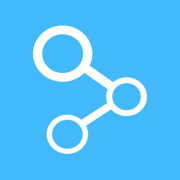




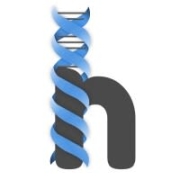
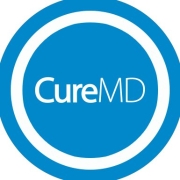
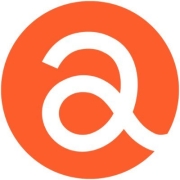

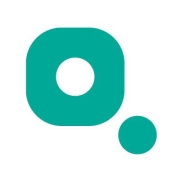

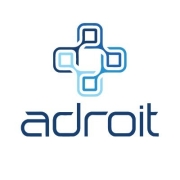
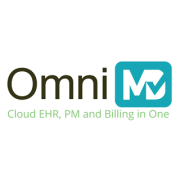

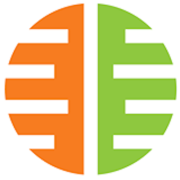



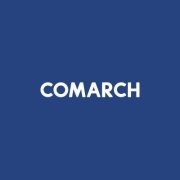


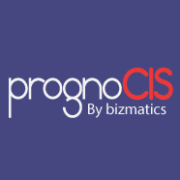

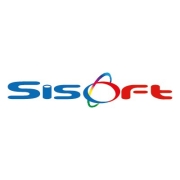
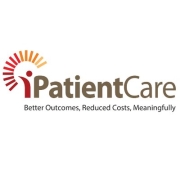
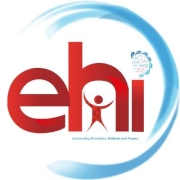
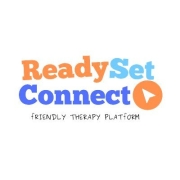
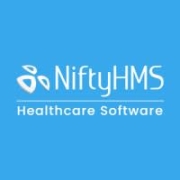
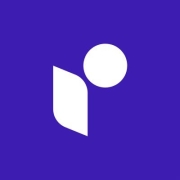
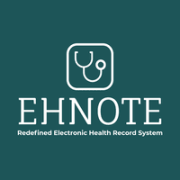
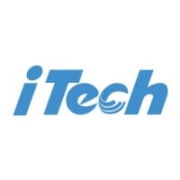

Electronic Health Record (EHR) software has become a cornerstone of modern healthcare, offering a digitized version of a patient's paper chart within a practice. These systems are designed to contain and share information from all providers involved in a patient’s care, including demographics, progress notes, problems, medications, vital signs, past medical history, immunizations, laboratory data, and radiology reports. EHR systems can vary significantly in complexity and functionality, reflecting the diverse needs of medical practices.
There are several different types of EHR software, each tailored to specific requirements and settings. These include:
1. Cloud-Based EHR Software: Cloud-based solutions are hosted on the provider's servers and are accessible over the internet. This model reduces the need for substantial upfront costs for hardware and in-house IT infrastructure. It offers flexibility, scalability, and easier updates and upgrades. Practices can access data in real-time from anywhere, enhancing collaboration and patient care.
2. On-Premise EHR Software: On-premise EHR systems require installation of the software on the user's hardware. This type typically offers more control over the system and data, potentially enhancing security, given that the data is stored within the practice’s own servers. However, it involves higher initial costs for hardware and software, ongoing maintenance, and updates.
3. Specialty-Specific EHR Software: Some EHR systems are designed for specific medical specialties, such as oncology, pediatrics, or cardiology. These specialized EHRs include features and templates tailored to the unique workflows, documentation needs, and billing codes of each specialty, enhancing efficiency and care delivery.
4. Integrated EHR and Practice Management Software: This type combines EHR functionality with practice management tools, integrating clinical and administrative workflows. It can streamline operations, improve billing efficiencies, and enhance the quality of care by providing a unified system for managing patient records, appointments, billing, and insurance claims.
Each type of EHR software offers distinct benefits and challenges, and the choice depends on the specific needs, size, specialty, and budget of the healthcare provider. Effective implementation and use of EHR systems can lead to improved medical care quality, enhanced efficiency, and better patient outcomes.
Electronic Health Record (EHR) Software is a digital solution designed for the systematic collection, storage, and management of patients' health information. EHR systems aim to make health information instantaneously accessible to authorized users, facilitate workflows, improve the accuracy of patient data, and support better health outcomes.
Here is an overview of how EHR software works:
EHR software streamlines the organization and delivery of healthcare by ensuring that accurate, up-to-date patient information is readily available to authorized healthcare providers while supporting compliance with healthcare regulations and promoting patient-centered care.
Electronic Health Record (EHR) software is a digital version of a patient's paper chart and is a significant component in the digitization of healthcare. It is designed to store data accurately and to capture the state of a patient across time. The implementation and application of EHR systems come with various benefits that are fundamental to improving both the care delivery and the healthcare processes.
Some of these benefits include:
The adoption of EHR software reshapes the landscape of healthcare delivery by enhancing the efficiency and quality of patient care, supporting better health outcomes, and fostering a more efficient and data-driven healthcare system.